 We live in a wireless connected world where we expect to always have access to communications but even in the USA there are still areas of dead spots where we can't get cell phone signal. If your car breaks down when you're returning from a trip, you can repair the car but it's going to take some time. Unfortunately you have no reception so you can't call or text your family.
We live in a wireless connected world where we expect to always have access to communications but even in the USA there are still areas of dead spots where we can't get cell phone signal. If your car breaks down when you're returning from a trip, you can repair the car but it's going to take some time. Unfortunately you have no reception so you can't call or text your family.  This issue isn't just limited to remote areas, even traveling between New York to Philadelphia one could loose reception on their smartphone, and we all know LiPo batteries are prone to run out just when you really need them.
This issue isn't just limited to remote areas, even traveling between New York to Philadelphia one could loose reception on their smartphone, and we all know LiPo batteries are prone to run out just when you really need them.  MeshNet is a portable device (for Android or iPhone) that allows users to send messages from almost anywhere. Using existing plethora of open WI-fi access points world-wide it works anywhere there is a WI-fi networks (which is just about any where these days).
MeshNet is a portable device (for Android or iPhone) that allows users to send messages from almost anywhere. Using existing plethora of open WI-fi access points world-wide it works anywhere there is a WI-fi networks (which is just about any where these days).  So, you speak, pre-type, or pull down a canned message to friends and family, you choose the recipients, then press [SEND]. It starts using automation for looking for the closest open/unlocked WI-fi access point within range. You continue working or driving. Eventually the device will see an open unlocked wi-fi AP, negotiate the AP's login requirements, find your home web server, then upload your message(s).
So, you speak, pre-type, or pull down a canned message to friends and family, you choose the recipients, then press [SEND]. It starts using automation for looking for the closest open/unlocked WI-fi access point within range. You continue working or driving. Eventually the device will see an open unlocked wi-fi AP, negotiate the AP's login requirements, find your home web server, then upload your message(s).  The friends and family monitor the in-box on this server and get a tone audio alert to come look at the in-box for messages for you. They can respond the same way. The system stores their response on the same server, and then the MeshNet device also looks for replies every time it logs into a WI-fi AP node, and send you an audio tone alert to check your in-box for the reply. Send it and forget it.
The friends and family monitor the in-box on this server and get a tone audio alert to come look at the in-box for messages for you. They can respond the same way. The system stores their response on the same server, and then the MeshNet device also looks for replies every time it logs into a WI-fi AP node, and send you an audio tone alert to check your in-box for the reply. Send it and forget it.
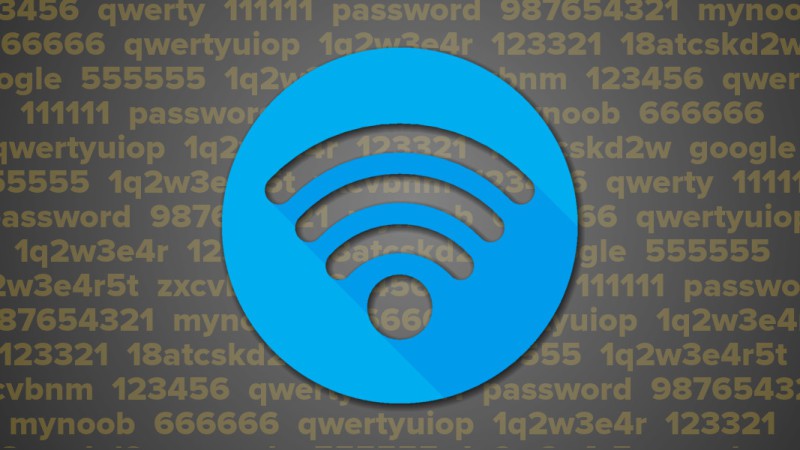
The automation software could be a off-line HTML web page on your phone. It could be written in JavaScript. It would use the FireFox API (WifiManager) which automates Wi-Fi searching, authenticating, and login.
https://developer.mozilla.org/en-US/docs/Mozilla/B2G_OS/API/WiFi_Information_AP
Once the API negotiates the closest Wi-Fi AP, the JavaScript looks for your target web server to upload it's message payload in seconds before you leave the range of the remote AP you accessed on the road while driving. The system could even warn you to stop and pull over while it does it's thing. Otherwise you may be moving too fast and loose the connection causing a failed negotiation.
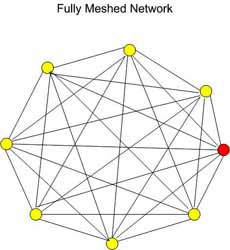
 chris jones
chris jones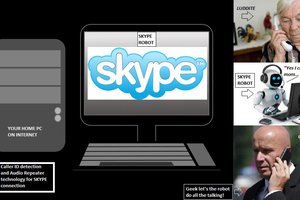
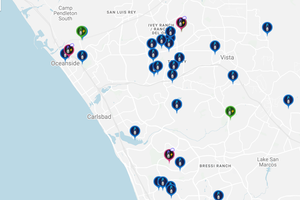
 Richard Myers
Richard Myers
 Mark J Hughes
Mark J Hughes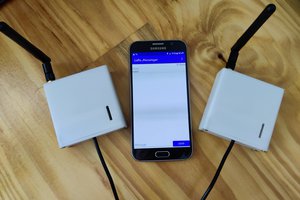
 Keegan
Keegan